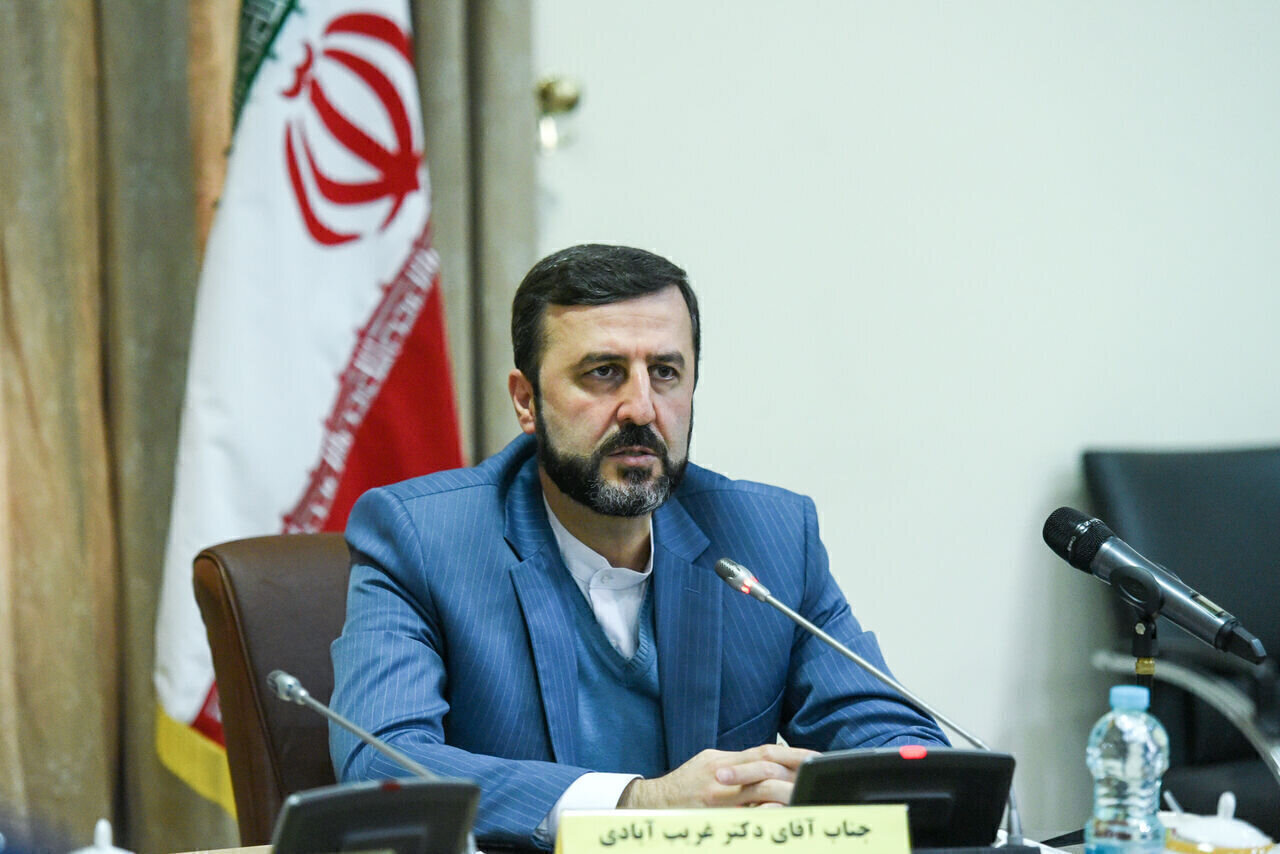Iran plans to take legal action against harassment of voters abroad

TEHRAN – Iran’s judiciary has announced that it will take legal action against those who harassed Iranian citizens attempting to vote in the June 28 presidential election.
Kazem Gharibabadi, deputy justice minister for international affairs, said on Wednesday that anyone – Iranian or non-Iranian – who insulted, threatened or attacked Iranian citizens in an attempt to prevent them from participating in the electoral process would be charged.
The announcement followed a condemnation by Iranian Foreign Ministry spokesman Nasser Kanaani, who on Monday denounced the harassment and intimidation faced by Iranian voters abroad.
Kanaani spoke out negatively about the use of threats and vulgar language by opponents of the Islamic Republic in a social media post, calling these actions “ugly behavior.”
“These self-proclaimed defenders of civil liberties, human rights and democracy will be judged by the Iranian nation,” Kanaani reiterated.
The issue gained even more prominence after Iran lodged an official protest with the British government, pointing out attempts by anti-Iranian elements outside polling stations to disrupt the voting process.
Ali Matinfar, Iran’s charge d’affaires in London, announced on Sunday that the Iranian embassy had sent a message to the British Foreign Office strongly condemning the actions of anti-Iranian elements who disrupted the June 28 election.
Gharibabadi explained the judiciary’s stance, noting that a thorough investigation will be conducted and that those found guilty of attempting to undermine the electoral process will face appropriate legal consequences. This move aims to protect the integrity of the electoral process and ensure that all Iranian citizens, regardless of their location, can exercise their right to vote without intimidation or coercion.
On 28 June, thousands of Iranians living in the UK went to polling stations in cities such as London, Manchester, Birmingham, Newcastle, Glasgow and Cardiff to cast their votes. Outside these polling stations, they were subjected to verbal, physical and sexual abuse by anti-Iranian figures.
Some attackers reportedly filmed themselves sexually assaulting female voters, using derogatory language and making rape threats. Male voters were also targeted by individuals linked to terrorist groups, monarchists and separatist factions. These attackers later boasted on social media about their efforts to intimidate and deter voters through harassment.
Despite these aggressive actions, the election took place without major disruptions. British police arrested at least six people involved in the attacks in Birmingham, Manchester and London.
To facilitate voter participation, the Iranian government provided 250 polling stations for the diaspora, ensuring that Iranians worldwide can exercise their right to vote.
The early presidential elections came 40 days after President Ebrahim Raisi was killed in a helicopter crash in the mountainous region of northwestern Iran.



